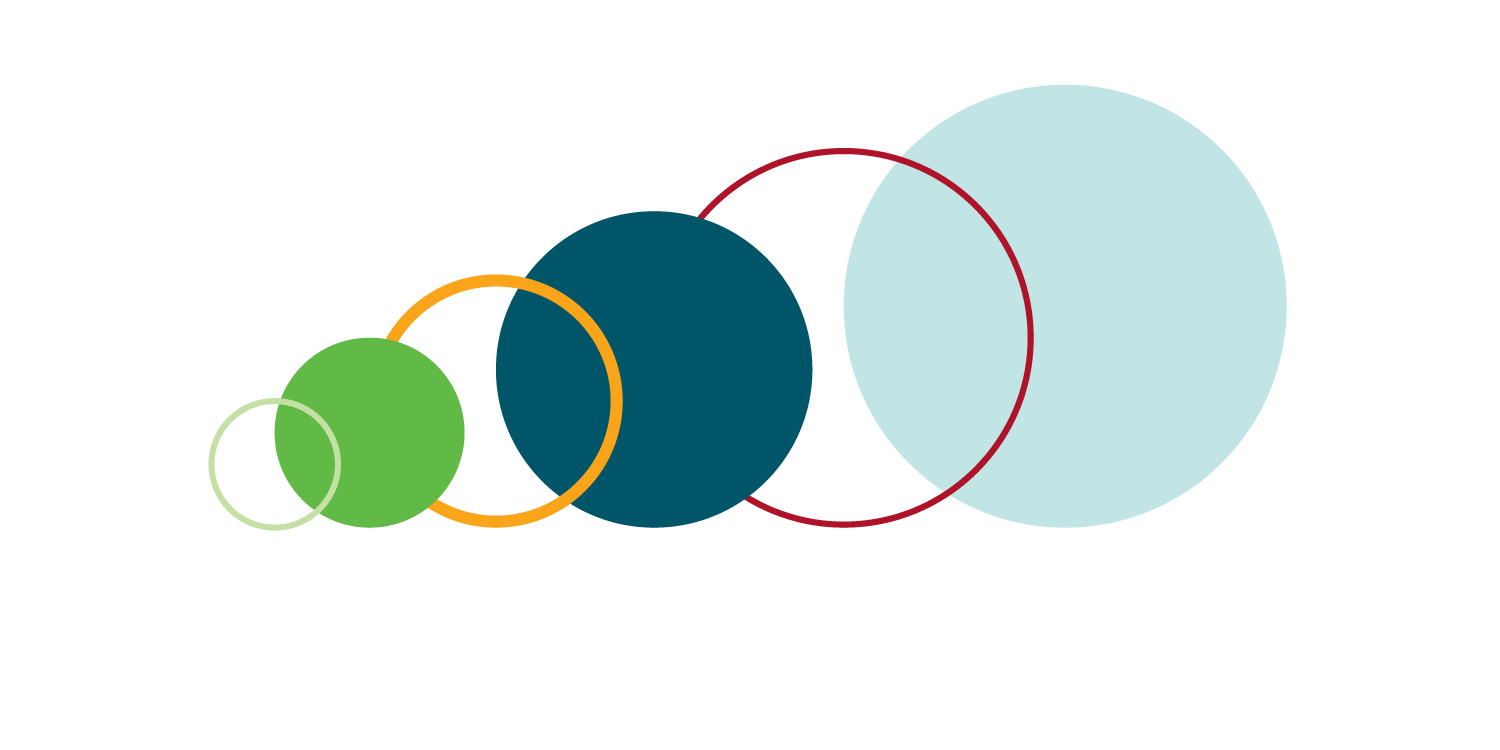Our mission
We seek to improve the lifetime wellbeing of people and families in Australia. We do this through the creation and promotion of longitudinal evidence. The evidence informs policies and practices. We:
- produce and manage quality longitudinal datasets
- encourage the use of our data assets
- foster collaboration between longitudinal survey developers, researchers and policy makers
- facilitate broader use of longitudinal data.
Why we do long-term research
Longitudinal studies collect data from the same individuals or other entities over time. Entities could include households or businesses.
The collected data can show how actions and events can affect outcomes later in life. This evidence can inform policies and practices that improve the wellbeing of people and families in Australia.
Our current studies
We have 4 active longitudinal studies. Learn more about:
- Building a New Life in Australia (BNLA): The Longitudinal Study of Humanitarian Migrants
- Footprints in Time: The Longitudinal Study of Indigenous Children (LSIC)
- Growing up in Australia: The Longitudinal Study of Australian Children (LSAC)
- Living in Australia: The Household, Income and Labour Dynamics in Australia (HILDA) Survey.
Our completed studies
We have one completed longitudinal study. Learn more about Journeys Home: A Longitudinal Study of Factors Affecting Housing Stability.
How to access the data
Data from our studies is available for free through the Australian Data Archive Dataverse platform. The data is available to approved researchers from government, academic institutions and non-profit organisations. Users need to apply for access.
Visit Dataverse(Opens external website).
Learn more about the types of data available and how to apply for access.
Research and publications
We’re involved in research projects that analyse longitudinal data and develop longitudinal research methodology. We analyse the data to inform policy discussion and development.
Learn more at research and publications.
To find other research publications using the longitudinal study data, visit FloSse Research(Opens external website).
To request research on a particular topic of interest, email LongitudinalStudies@dss.gov.au.
